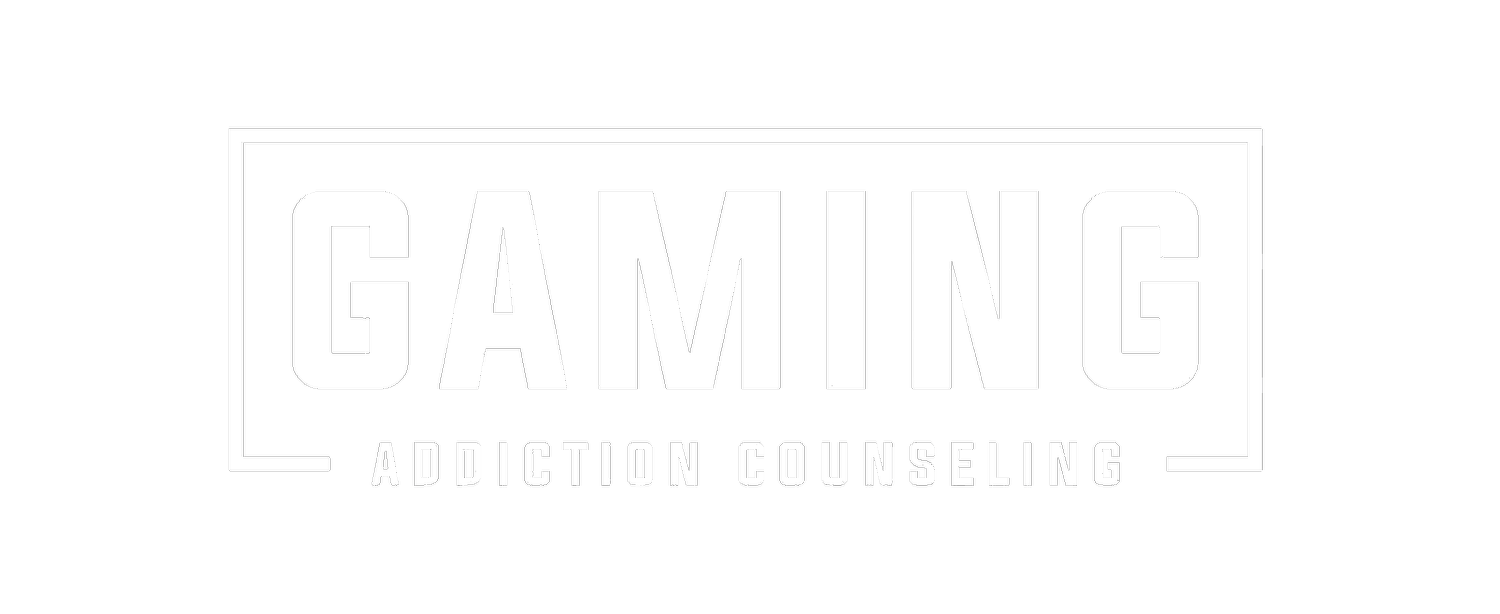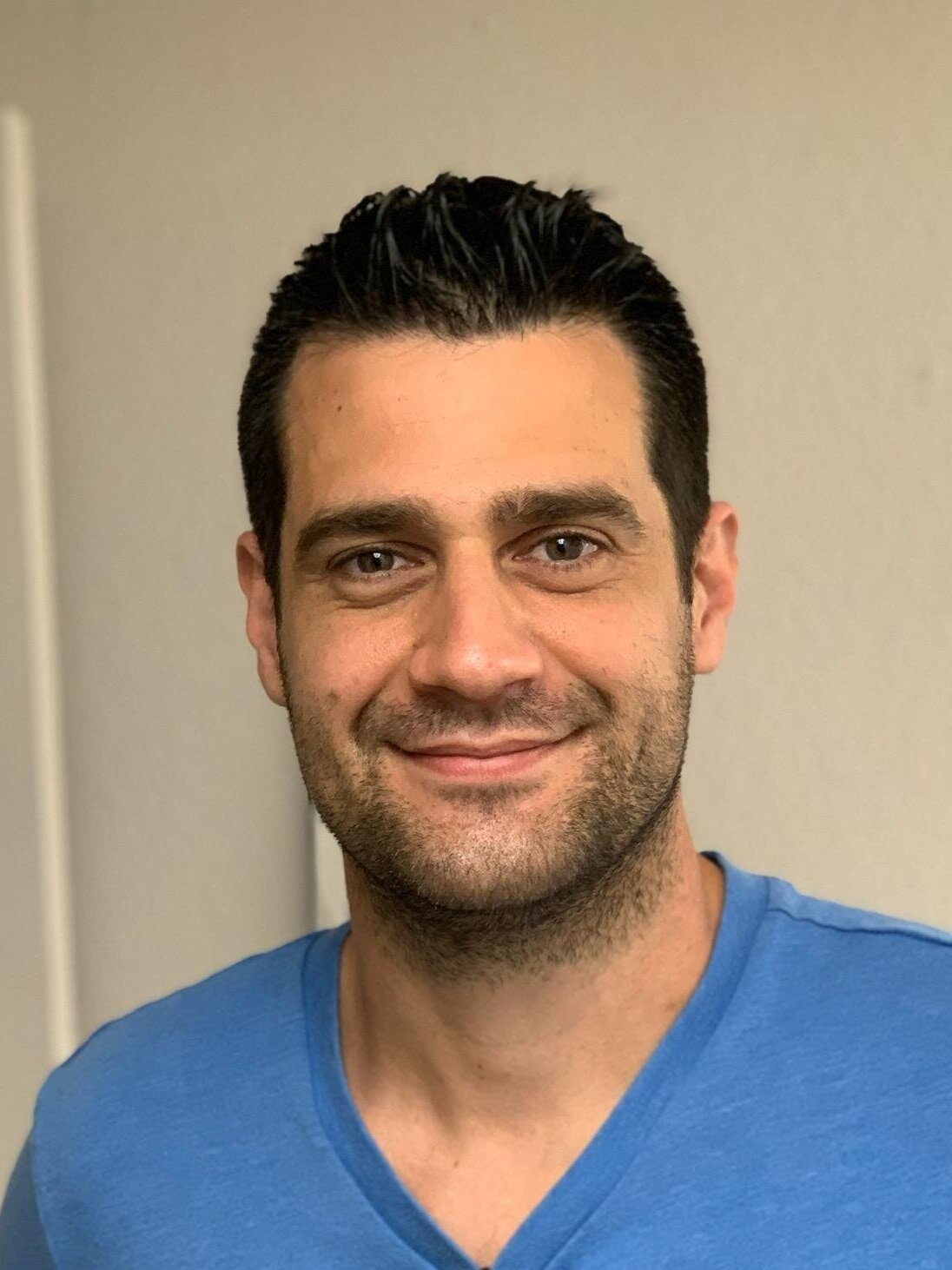
Joshua Garth
Gaming Addiction Specialist
Licensed Marriage and Family Therapist
License #: 147336
Phone: (714) 367-4795
Email: JoshGarth4Therapy@gmail.com
Why Excessive Gaming Matters to Me
I didn’t just play video games growing up; I was raised on them. There was nothing better to distract myself from my chaotic home environment. And that’s all video games were for me; a fantasy to cope with reality. I found truth in the stories I would play through, but they weren’t my stories. I identified with heroic tales that weren’t mine. I had no right to them. The lessons of courage, patience, and grace only applied to fictional characters. I wasn’t being courageous. I just pressed the right buttons to get a courageous ending. If I was really courageous, I would have faced my fears, but that wouldn’t happen until much later on in my late 20’s. Until then, I would bide my time, expecting things to get better by avoiding as much pain as possible.
Gaming wasn’t just an hour here or there either. During the weekends in high school, my friends and I would game at internet cafes for 16 hours on Saturdays and Sundays. What else was there to do? I was trying to kill boredom, right? We tried to make a deal with the owner of the business to let us sleep on the floor so there was no lapse between gaming sessions. When, I didn’t play games at the Internet Cafe, I had my gaming rig at home. It made it easier to distance myself even more personal contact. The only connection I really felt with my friends then was the time they spent with me in game. I didn’t know how to build lasting relationships.
My addiction hit my closest relationships the hardest, as brittle as they were. When my neighbors would come over to hang out, I would lie to them so they would go away and I would once again be free to game. I would feign being sick to skip school to get back into the fantasy realm. I’m still not sure how I graduated. I even missed my ex-girlfriend’s 14th birthday to play. The saddest part of this example is I skipped her birthday due to the social anxiety I felt. I was so worried about what everyone would think of me, and so worried of having to perform socially, and yet I was too embarrassed to tell her how I felt. With the added pressure, and my internal coping skills being nothing, I did the only thing I knew how to do; stare at a screen until I had forgotten about my problems. This is what excessive gaming is really about, and the cycle took a long time for me to understand fully.
Fast forward, and now I have a Master’s Degree in Clinical Psychology, and fight against the destructive cycle that I depended on so much. I don’t think video games are inherently bad, but their use can be taken too far. I decided to specialize in video game addiction because I saw just how destructive this addiction can be in people’s live, including my own. I tried to reduce my gaming, but it didn’t work because the reason I was playing was the same reason I had growing up; to get away from my problems. The games became a never-ending responsibility that made my life worse, and they weren’t fun anymore.
I no longer play video games. I wish I could, but I know what will happen when I do. Even though I get the urge to play every so often, I remember the place it put me in. I don’t want to become the deceiving, lazy, time-wasting procrastinator I once was. I know other people struggle through the same situation I went through. The shame, anger, guilt, and loneliness aren’t the way things need to be. I’m living proof of that. I want to show those who are tired of depending on video games that life can be much more fulfilling.
My Approach
Video games are seen as a form of enjoyment, but, like anything else, their use can be taken too far, and most people don't know what that looks like. I know the symptoms of gaming addiction, the chase that occurs, and the severe negative effects they can have on a person's life. The pull can seem too strong to resist, but that's where my counseling comes into play.
I take techniques from several therapeutic theories with an emphasis on Cognitive-Behavioral (CBT) and Existential therapy.
Therapy with me begins by assessing the severity of the addiction, where and when the addiction triggers are pulled, and why gaming became an addiction in the first place. Through behavior and thought modification, I work with the client in building a solid foundation and plan in dealing with the constant pull of gaming addiction.



